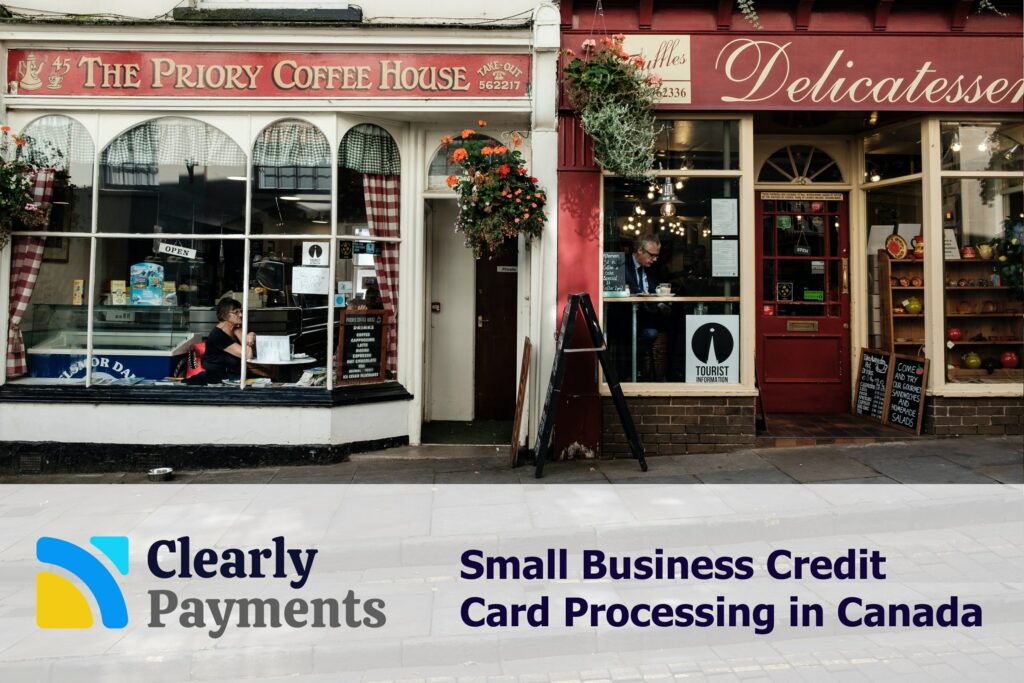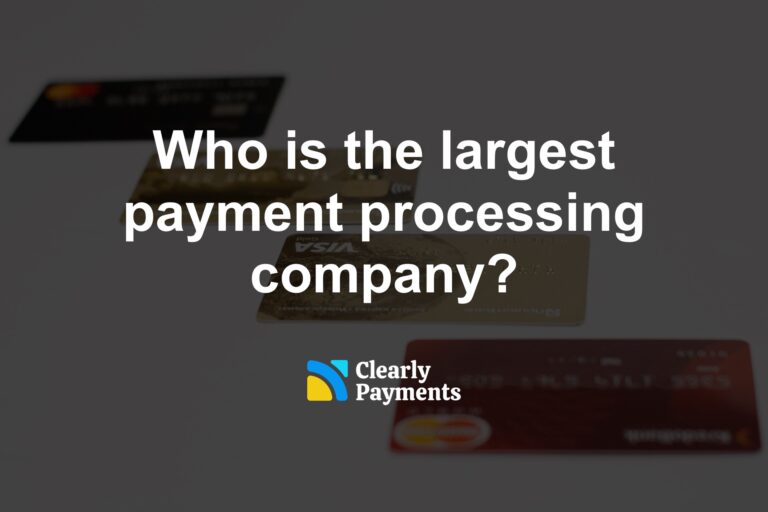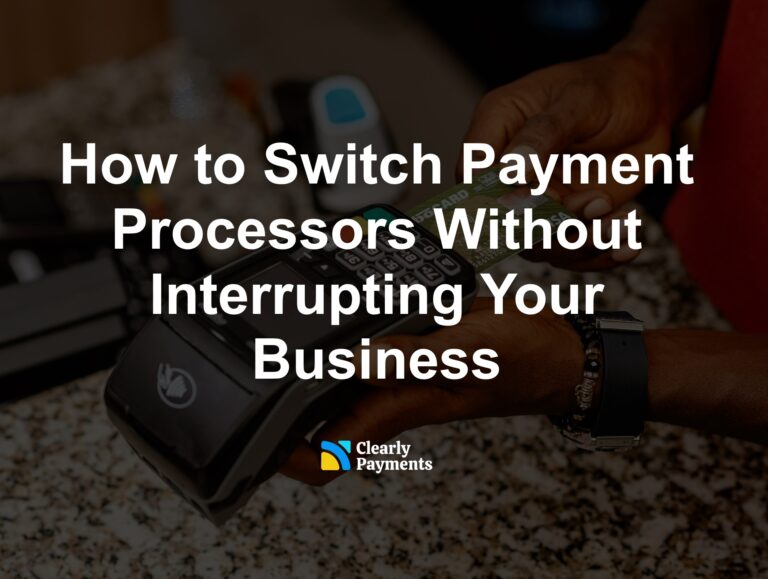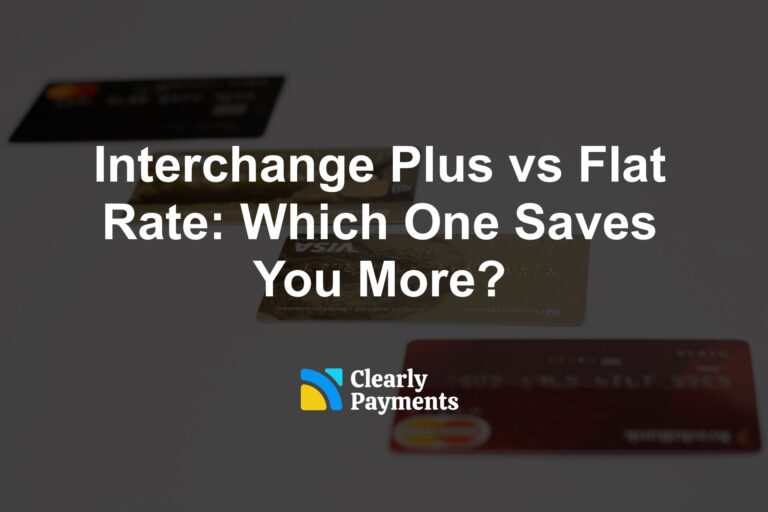Small businesses are the foundation of the Canadian economy. Most of the 2.5 million businesses in Canada are small businesses. This is one reason Clearly Payments puts such focus on small business and helping them get the best credit card processing with exceptional customer service and great pricing.
What is a small business in payment processing?
The term small business can be misleading. Many people think of a small business as a shop with only a couple employees. However Industry Canada defines a “small business” as a firm with fewer than 100 employees. A company with 99 employees is not that small, but that’s how it’s defined. There is another tier of businesses called a micro-business. Businesses with less than 5 employees are micro-businesses.
The majority of businesses in Canada have less than 100 employees. Actually, 98% of Canadian businesses have fewer than 100 employees. As we said, small business is the backbone of our economy.
What credit card processing is best for a micro-business?
A micro-business is a certain breed of company. They are entrepreneurs, single person businesses, early stage companies, side gigs, or other emerging business. They tend to do below $100,000 per year in credit card processing. These types of companies need to be fast and frugal. This means reducing any fixed cost.
Because a micro-business revenue level is low, any monthly fixed fee is an important part of their cashflow. Therefore, it is generally best for micro-businesses to have a payment processor that has no setup costs, no monthly fees, nor any other monthly fee. That generally means that a micro-business should go for an aggregator (like PayPay or Square) rather than a merchant account provider (like Moneris or Clearly Payments).
With an aggregator, you’ll pay a higher transaction fee, but no monthly fees. Therefore you’ll save money by using an aggregator until you reach roughly $100,000 per year. You can read a comparison of merchant account vs aggregator pricing and the economics around it.
Our recommendation on an aggregator depends on your type of business. If you’re a physical storefront or do in-person transactions, we recommend using Square where you’ll pay between 2.65% and 3.4% per transaction with a flat transaction fee between $0.10 and $0.15.
If you do online payments or want to integrate payments into your software, we recommend using Stripe. With Stripe, you’ll pay around 2.9% per transaction with a flat transaction fee of $0.30.
The best credit card processing for small business
Small businesses have got to the point they are a substantial business. They have good revenue and are creating jobs. Once a business is above $100,000 per year in revenue and in particular once it is in the millions of dollars of revenue, it is time to look at a merchant account.
A merchant account will give your small business customized pricing that will be lower than an aggregator, you’ll get an account manager to help support your business, it will help your business build credit, and it will give you access to a broader range of payment hardware and software. Again, you can read a comparison of merchant account vs aggregator pricing and the economics around it.
Now choosing a merchant account is tough. There are so many options. Clearly Payments is a merchant account provider, so we’re clearly biased. We’re here to provide low cost credit card processing with exceptional customer service. Alternatively, you can see our full list of best payment processing in Canada.
At Clearly Payments, we believe businesses are paying too much. Join the mission to get the lowest payment processing fees.
Things to look for in small business credit card processing
We’ve helped guide thousands of people on the best credit card processing for small business. Although there are many choices, the right choice for you will depend on your priorities.
The main priorities to look at when choosing a payment processor for a merchant account are the following.
-
Your type of business: online, in-person, or both
Your business may have more than one way it needs to accept payments such as eCommerce, credit card machines, mobile, virtual terminal, recurring billing, invoicing, or integration though your own software. Choose a payment processor that supports your business type.
-
Types of credit cards you can accept: Visa, MasterCard, AMEX, and others
You may want to accept different types of credit cards: Debit, Visa, MasterCard, China UnionPay, JCB, Diners, American Express, and Discover. Some credit card processors only accept certain cards and some do not accept international credit cards. Choose the ones your customers want.
-
Pricing and contracts in payment processing
Pricing and contracts are a big factor in payment processing. Some contracts will lock you in and some are month to month. Make sure you know the details and understand all the fees.
-
Customer service in payments
The availability of customer service and how you can reach them is important. The bigger your business is, the more mission critical it is to have good customer service. However, some businesses don't mind fully self-serve.




